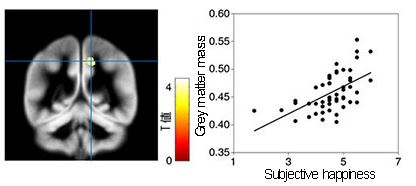How social media use is linked to depression and anxiety.
The more young adults use social media, the more likely they are to be depressed, a new study concludes.
Those who reported checking social media sites more frequently had 2.7 times the chance of being depressed.
However, because of its design, the study can’t tell us that social media is causing depression.
Similarly it can’t tell us that depression causes social media use.
But there is certainly an association to be explained.
Ms Lui yi Lin, the study’s first author, said:
“It may be that people who already are depressed are turning to social media to fill a void.”
If high social media use does influence depression, the authors think there could be a variety of mechanisms:
- Feeling worse in comparison to idealised representations of others (most people post photos of themselves happy and smiling and doing exciting things).
- Wasting time in meaningless activities reduces mood.
- Social media use could fuel internet addiction.
- Being on social media could lead to cyber-bullying.
Professor Brian A. Primack, one of the study’s authors, said:
“Because social media has become such an integrated component of human interaction, it is important for clinicians interacting with young adults to recognize the balance to be struck in encouraging potential positive use, while redirecting from problematic use.”
Professor Primack concluded:
“All social media exposures are not the same. Future studies should examine whether there may be different risks for depression depending on whether the social media interactions people have tend to be more active vs. passive or whether they tend to be more confrontational vs. supportive.
This would help us develop more fine-grained recommendations around social media use.
The study was published in the journal Depression and Anxiety (Lin et al., 2016).
Image credit: Dimitris Kalogeropoylos











